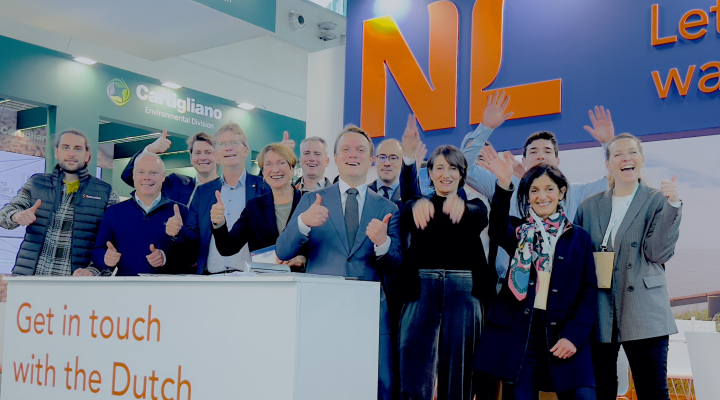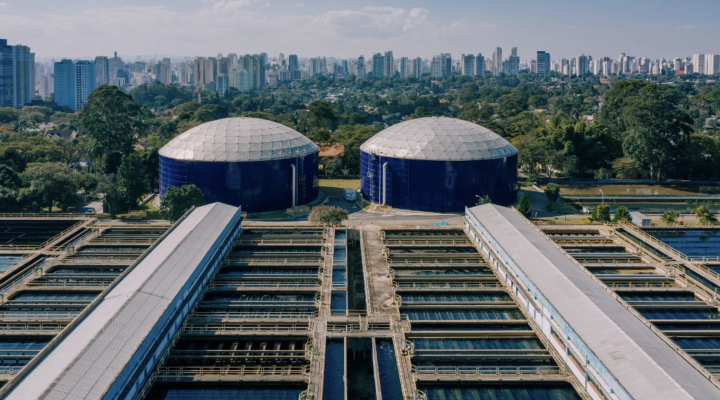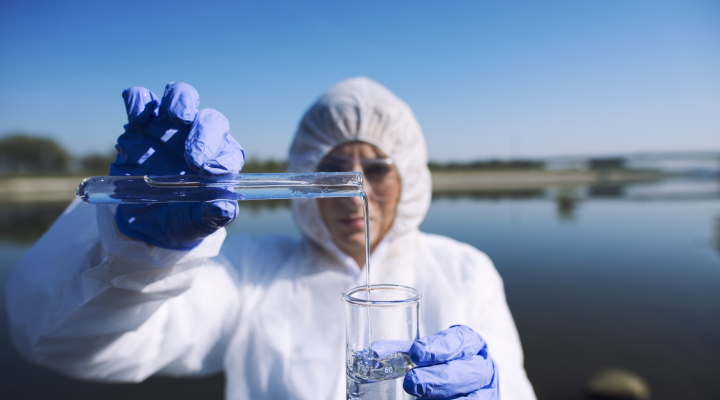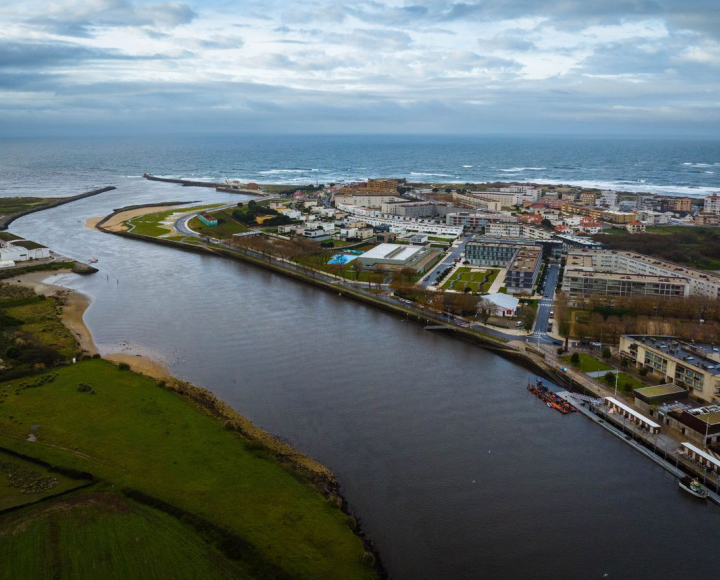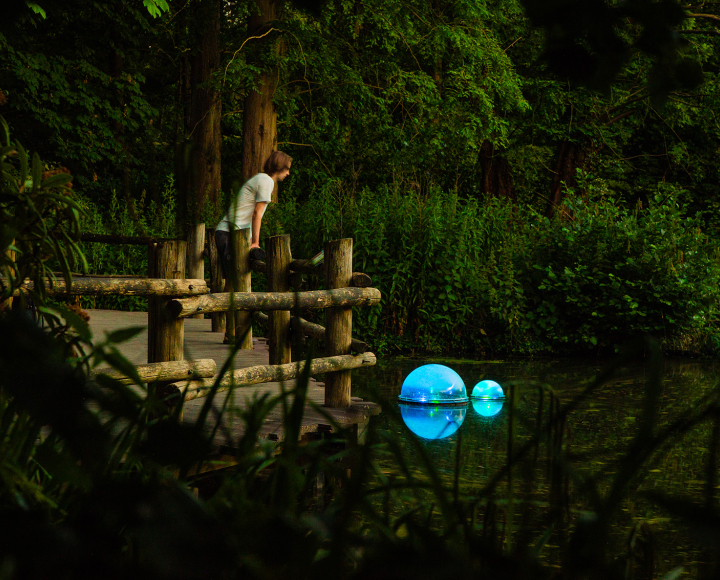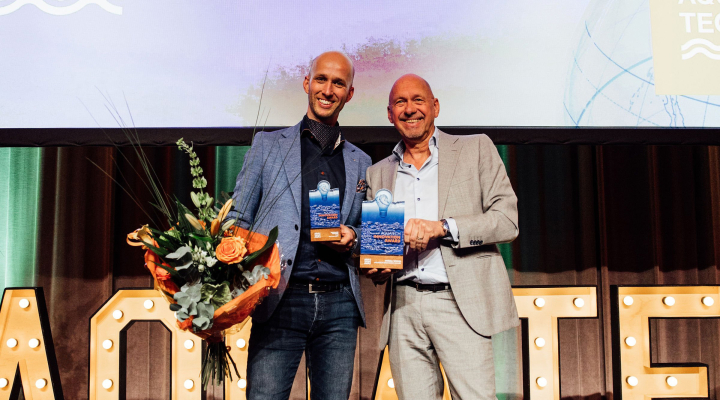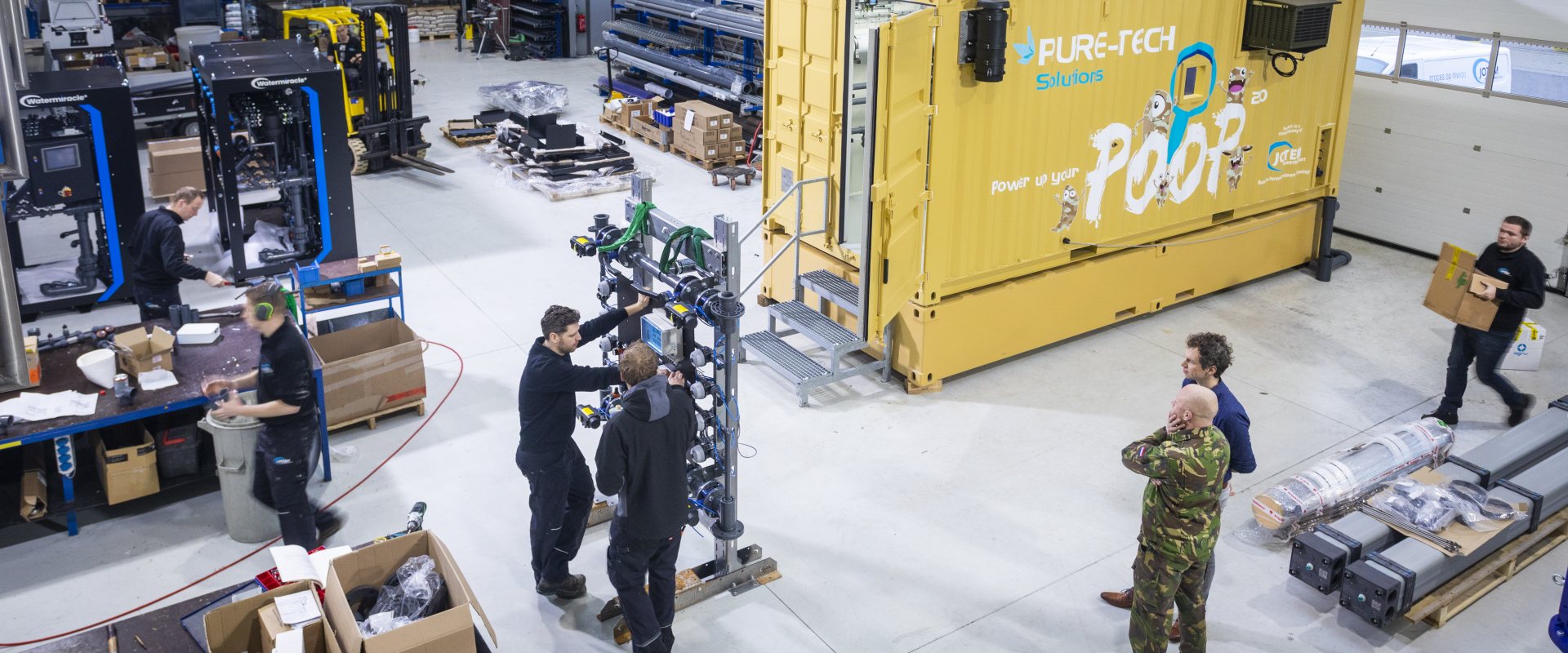
Black to grey water conversion on military camp
Royal Netherlands Army purchased a self-contained waste water treatment installation that has specially been developed to reduce the environmental foot print of military bases. The installation has been built by Jotem Water Treatment and is based on the ‘Power up your poop’ concept.
Initially the container was to be tested at a Dutch military camp in Afghanistan but due to the Corona pandemic and the withdrawal of all Dutch military forces, the first testing may now be conducted in the Netherlands.
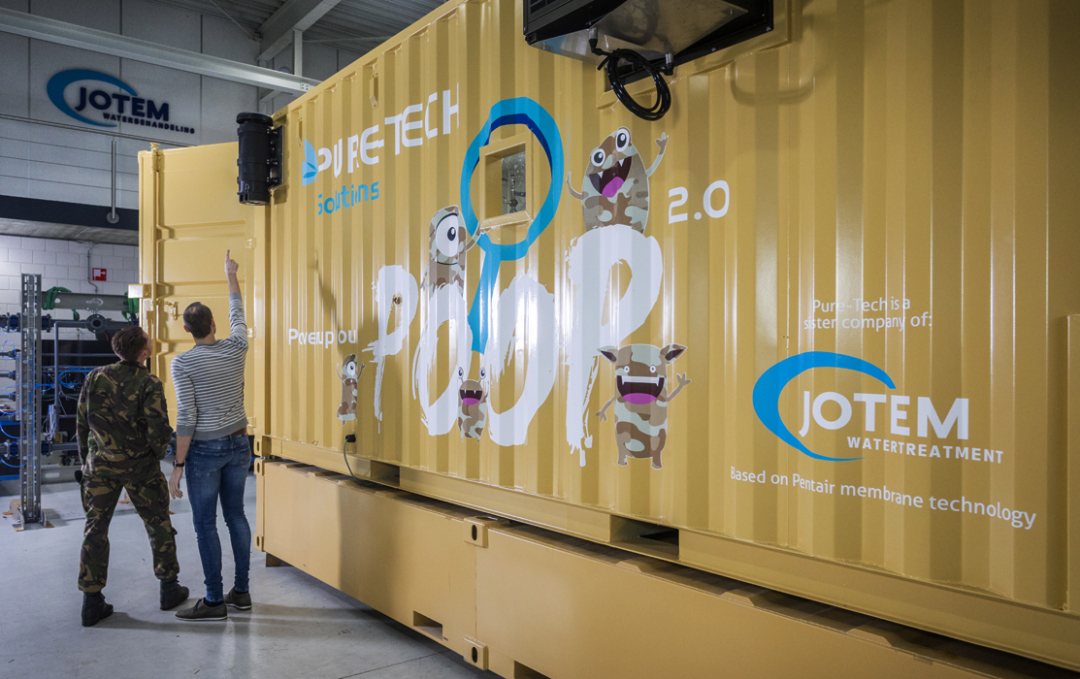

Reduction water use
For a long time, the Dutch armed forces have shown interest in innovative water treatment solutions for its military camps abroad. In the past, the forces operated from military camps in Afghanistan and Mali where the water supply was a crucial operational factor.
The Dutch military challenged Dutch water technology suppliers to come up with robust and reliable solutions to be useful in a military setting by organising a "Smart Base - field lab”. The overall aim was to reduce the water use of a military camp by 80 percent.
Two companies that responded to the challenge were Jotem Water Treatment and Pentair/X-Flow. They participated in the field lab with an anaerobe membrane bioreactor (aMBR) that produced biogas with the aim of fueling the power supply of the camp.
More biogas
The original civil stand-alone concept was developed at the University of South Florida and picked up by Pentair/USF as the New Generator. To increase the production of biogas, it can also process other organic flows such as kitchen waste. The system uses cross-flow membranes from Pentair/X-Flow.
The New Generator is currently put to the test in India and South Africa.
New configuration
As a result of the Smart Base-field lab in the Netherlands, the Dutch armed forces requested Jotem Water Treatment and Pentair/X-Flow to build a stand-alone containerized installation to turn black waste water from toilets into grey water for re-use in non-drinking applications.
The two companies designed a system to process 300 liter of toilet water per hour. Firstly, a cutting pump from Pentair Jung Pumpen chops the waste into tiny fragments. At the heart of the system X-Flow membranes separate the aqueous phase from the solid matter, ensuring that bacteria and viruses remain in the reactor. The membranes can be flushed from both sides to prevent any blockages.
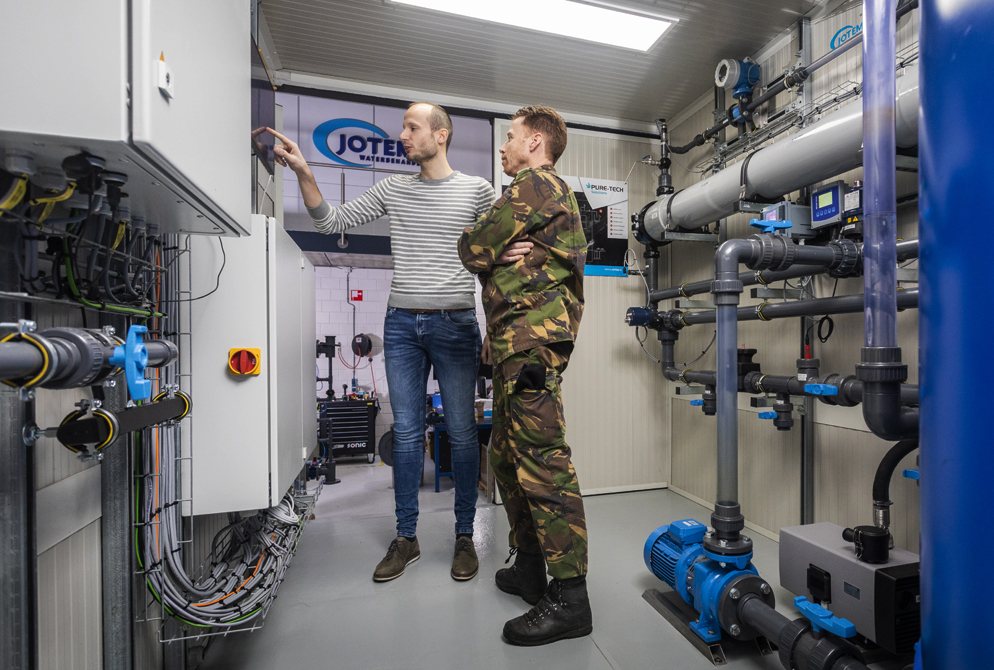

Aerobe version without biogas
Although the original system featured an anaerobic process, ultimately Jotem and Pentair/X-Flow opted for an aerobic waste water treatment. According to Roy Rosink of Jotem this choice reflects the balancing act to find an optimum between the maximum environmental efficiency and the robustness that is needed for a military operation.
‘The quantity of biogas produced by the anaerobe installation’, Rosink explains,‘ is relatively low compared to the overall energy demand at a military camp. The production of biogas requires safety measures that make the installation more complex. Therefore it was decided to compromise on the biogas production and opt for the aerobe version that is easier to operate.’
Article by Dutch Ministry of Defence on its search for a smaller water footprint at military camps (in Dutch only): www.defensie.nl.
More information: Jotem Water Treatment and Pentair/X-Flow.




